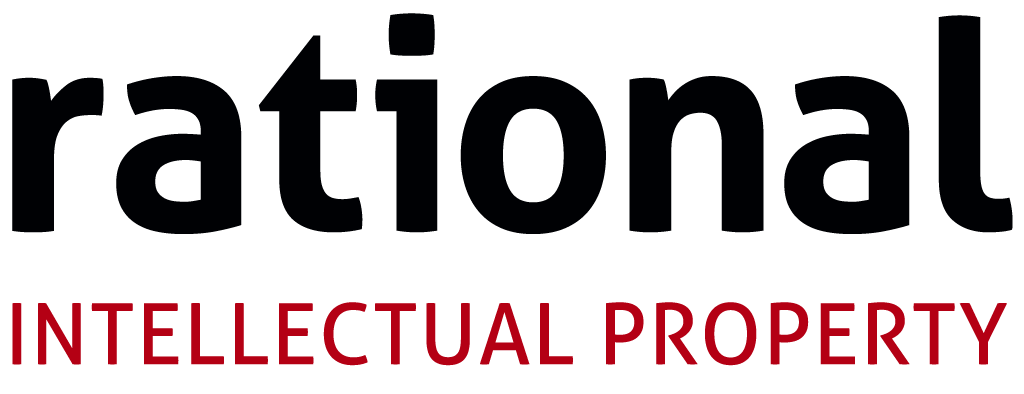The following is the last part of a chapter written by Gerard Chandrahasen for the latest edition of the Innovation Handbook published by the Intellectual Property Office and the Technology Strategy Board. If you missed the first part, read "Leveraging Intellectual Property for Tech Start-ups".
Dispelling Common Myths
As well as understanding the purposes of IP, it is also important to understand common misconceptions about IP that may be raised by potential investors, partners, customers, and acquirers.
By being prepared for these misconceptions, you can ensure that your IP retains its value in their perception.
1) IP is expensive to defend
Generally IP is never attacked unless you use it offensively and, even then, most IP disputes are settled well before court.
IP should be best considered as a means to force the other side to the negotiating table, rather than a blunt legal instrument.
2) Software can’t be patented
Novel and inventive concepts that reside within innovative software can be patented in the US, and can even be patented in the UK and Europe if the concepts relate to technical solutions to technical problems.
3) IP is expensive to obtain
Any investment in IP should be considered with a keen eye on ROI. In any event, development of any IP strategy will focus on maximisation of value within a budget.
4) Patents have no value because they can be designed around
Well-drafted patents can prove to be difficult to design around, because they are crafted with these attempts in mind.
5) The software field moves too quickly, so patents aren’t valuable
Many key concepts within software do not change completely but evolve or develop. Well-drafted patents protect concepts in a way that accommodates this evolution.
6) Patents take a long time to grant
This is not actually a misconception. In the US, patents can take 6 years to grant. In Europe, 7 years is not uncommon. The UK is somewhat faster at about 3 years.
However, a patent obtains much of its value at the date it is filed rather than the date it is granted, because damages can often be obtained for infringement of any subsequently granted patent back to the date that pending patent is first published. Therefore, other companies are careful not to develop technology covered by a pending patent.
7) IP is more valuable for big companies
Intellectual property investment is an arena of diminishing returns, which benefits small companies.
Furthermore, in any litigation, due to deep pockets, large companies have the most to lose which encourages them to negotiate an early resolution to any infringement allegation.

